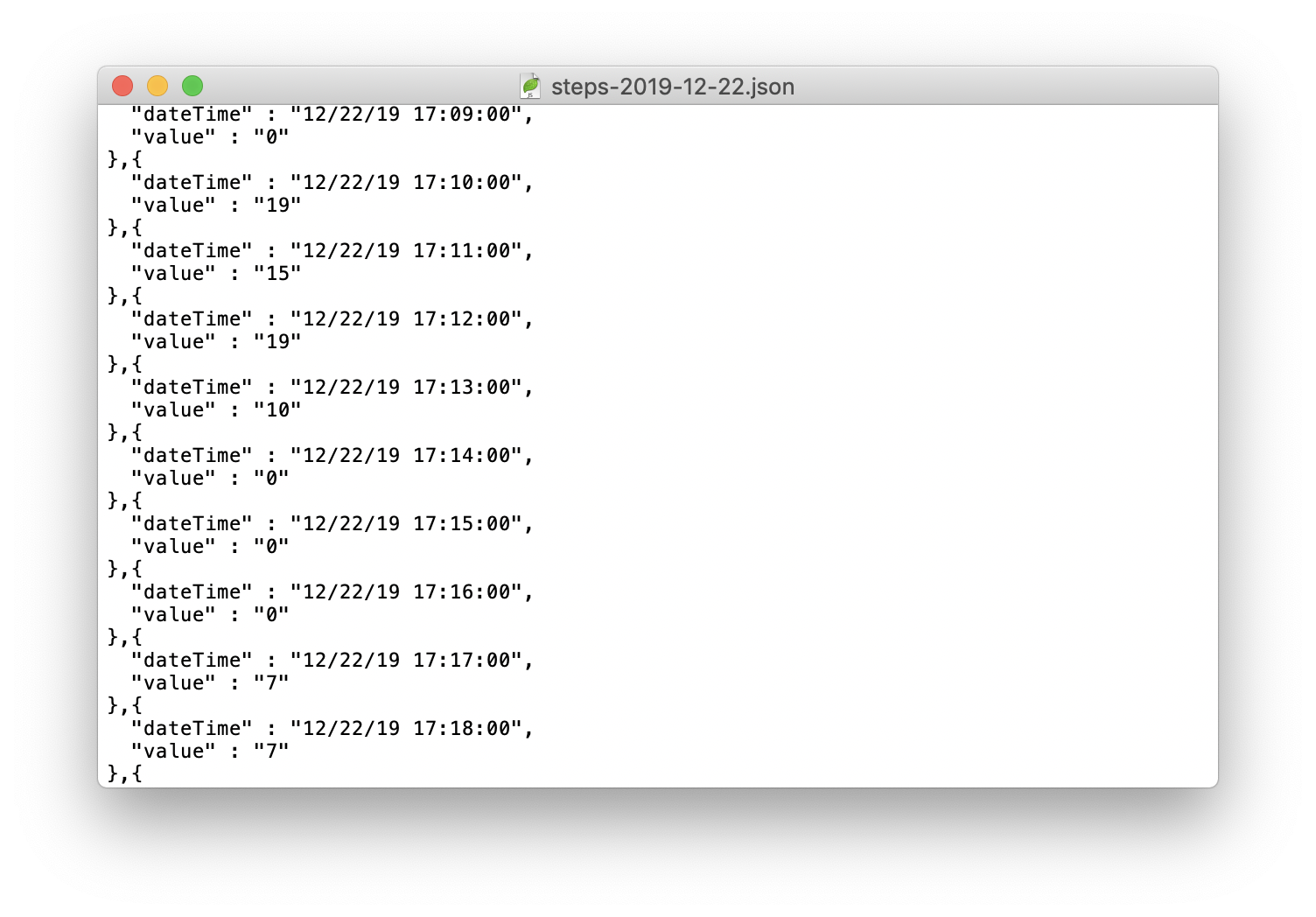A Dreary Day
“Why so dreary? It’s not as if the world is ending.”
It was an innocent enough question, but the answer was complicated. Outside, the sky was bright, lined with a few puffy clouds. They looked inviting, as if beckoning one to climb in and relax awhile. If she didn’t know better, Fabina would have thought sure, no way was the world ending. But it was ending, and she was the only person who knew it.
“Seriously, you’re lost in thought and I’m right here, are you okay?” Piper was one of those friends who could read between the lines so well it felt like she was reading your mind. She was the kind of friend you’d want to have along to witness the end of the world.
Fabina let her gaze drop from the clouds and looked at her friend. “The world is ending, Piper. We need to get out of here.”
Piper stared at her. “How long have we got? Oh, and when were planning on telling me?! You’ve been holding out, girl.”
“A week, if we’re lucky.” Fabina took a sip of her coffee and smiled. “I figured I’d tell you, oh, a minute or so ago. When you were ready.”
Piper rolled her eyes. “Some sage you are. Come on, let’s go. Sounds like we’ve got some work to do.”
Fabina laughed and fished for her keys from her bag. “You’d better not spill my coffee on the ride. We’re gonna need it.” The two friends got up from the table and headed out the gate.
“Whoa, this is yours? Never pegged you for a biker. Damn, this is nice.” Piper admired the gleaming blue road bike with purple and red-hued flames curling along the side.
“I figured since we didn’t have much time left around here, I might as well get around in style. You like?” Fabina sat down on the side of the bike, then suddenly kicked her legs up and did a full two-seventy spin before straddling the bike. She wagged her eyebrows at Piper and started the engine. “You got moves like that in you? I’m only friends with people who do, so you’d better. And you’d better not do a stupid cartwheel.”
Piper grinned at her, then turned away. Suddenly, she spun the coffee mug and tossed it into the air, then dove into a back handspring. She effortlessly launched herself into the air and with a slight twist landed cleanly astride the bike. “Your coffee, madame,” she said as she caught Fabina’s mug. “Not one dropped spilled.”
Fabina grinned with a sigh and shook her head, feeling better knowing she didn’t have to go it alone. She revved the engine a few times, and marveled at its power. Piper tapped her shoulder. “Where to?”
“The sunset,” Fabina said. “It’s almost time.”


